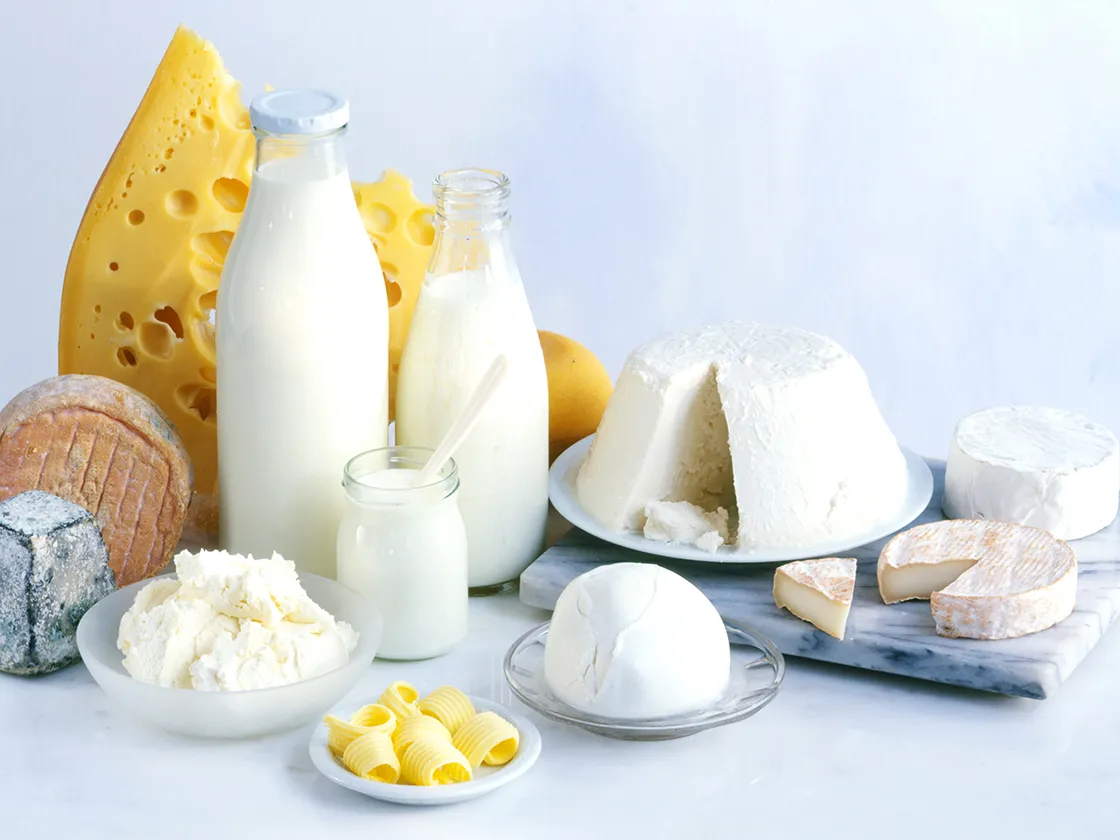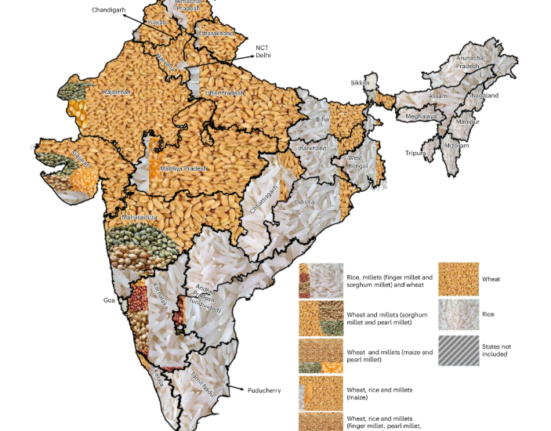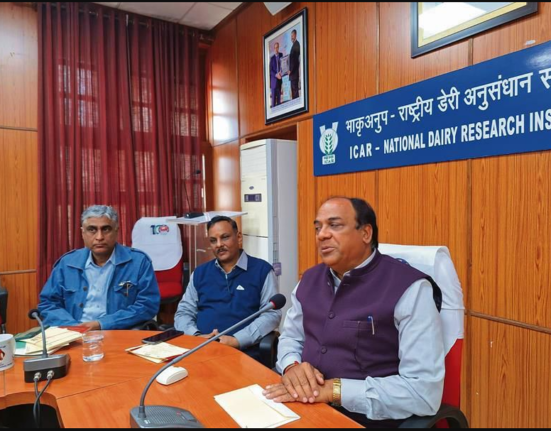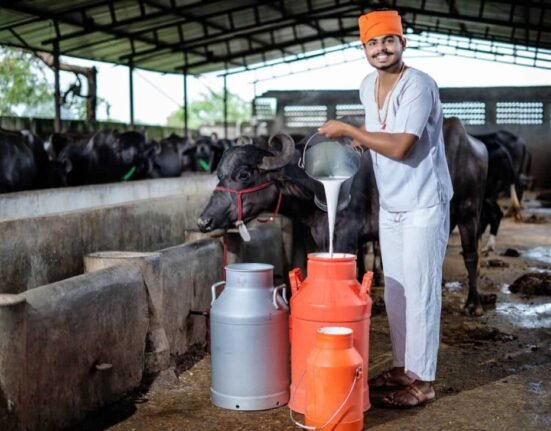Major US study finds no increased risk from animal protein; challenges plant-only longevity claims.
A landmark study based on nearly two decades of health data from the U.S. has challenged a long-standing nutritional belief: that consuming animal protein increases the risk of early death from heart disease or cancer. Surprisingly, the Study even suggests that higher intake of animal protein—including meat, dairy, and eggs—may offer a modest protective effect against cancer-related mortality.
The research, published in the journal Applied Physiology, Nutrition, and Metabolism, analysed data from the Third National Health and Nutrition Examination Survey (NHANES III). This large-scale analysis followed over 16,000 American adults for nearly 20 years, using rigorous statistical models to separate dietary protein patterns from lifestyle factors such as age, weight, smoking habits, and pre-existing health conditions.
Key Findings: Animal Protein Shows No Harm, May Lower Cancer Death Risk
- No increased risk of death from heart disease or any cause linked to animal protein consumption.
- Slightly lower cancer mortality observed among those with higher animal protein intake (Hazard Ratio: 0.95 per extra gram, p=0.04).
- Plant protein intake was neutral—neither protective nor harmful in terms of longevity or disease-specific mortality.
- Hormonal markers like IGF-1, often associated with cancer risks, showed no connection with mortality in this dataset.
“We found no significant adverse associations between dietary protein—animal or plant—and mortality,” the researchers stated. “Our findings contradict earlier studies that linked animal protein with increased health risks.”
What This Means for Indian Consumers and the Dairy Sector
For Indian consumers and the dairy industry, these findings provide valuable evidence-based reassurance. Dairy products—such as milk, curd, paneer, and yoghurt—remain a key source of high-quality animal protein. This Study reinforces their nutritional value and safety in regular diets, especially in light of ongoing discussions around plant-based alternatives.
“Protein isn’t something to fear—it’s a powerful tool for health and longevity,” said Dr Mark Hyman, Founder of the Cleveland Clinic Centre for Functional Medicine, who also promoted the Study’s findings on social media. He recommends a balanced intake of 4–6 ounces of high-quality animal protein per meal, including dairy and eggs, ideally from organic or grass-fed sources.
Takeaway for Dairy Stakeholders
The study emphasises a balanced approach to protein consumption—encouraging both animal and plant-based sources without vilifying either. For stakeholders in the Indian dairy industry, this presents a unique opportunity to champion the role of dairy in a healthy, sustainable diet while addressing common myths about the risks associated with animal protein.
As milk prices fluctuate and value-added dairy products gain momentum, evidence like this can support consumer trust and industry advocacy around dairy’s nutritional relevance.







